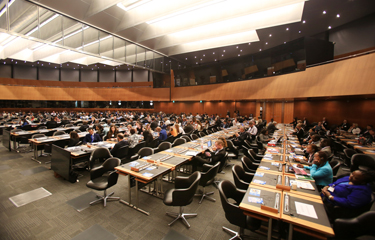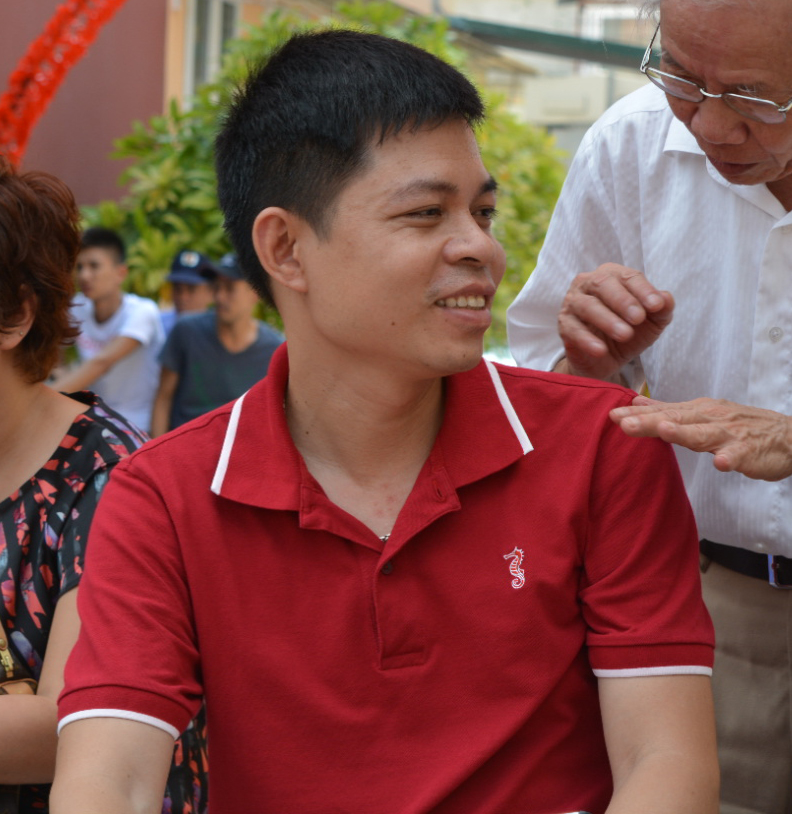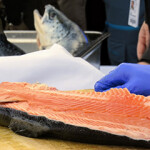Curbs on fisheries subsidies debated at WTO meeting

India and several other developing countries have challenged a potential agreement on fisheries subsidies currently being negotiated at the World Trade Organization, according to a 1 December report from The Hindu BusinessLine.
WTO members are working on an agreement to curb fisheries subsidies that lead to overfishing and destruction of marine life. The pact was supposed to be signed at the next ministerial meeting in June 2020. However, several areas of disagreement between developed and developing countries still exist, especially regarding an extension of the effective special and differential treatment (S&DT) provisions and exclusions. These provisions would give developing countries flexibility to subscribe to less onerous reduction commitments compared to richer countries.
At a recent meeting of the negotiating group on fisheries subsidies, representatives from India, Venezuela, Benin, Senegal, South Africa, Morocco, Pakistan, and Nigeria said they wanted the S&DT provisions to be an integral part of any future agreement, the newspaper reported, citing a Geneva-based official.
As a country vulnerable to natural disasters, especially cyclones, India has insisted that government measures such as disaster relief, hygiene protection, and safety-related provisions should be excluded from the purview of the regulations on fisheries subsidies being currently negotiated.
“India’s insistence on exclusion of government measures from subsidy cut requirements was also supported by South Africa and Nigeria. Benin, for the African Group, and Morocco said good subsidies should not be prohibited and that their elimination would have an impact on their effective fisheries management. Sri Lanka, too, agreed with this,” the official said.
Their point of views, however, met with opposition from several countries including the United States. The U.S. said WTO members should avoid creating large exclusions, and would like to see flexibilities to be linked to production volumes and not the development status of members. The Philippines, Brazil, and Australia sided with the U.S. on this issue.
The new chair of the negotiating group said the next cluster of fisheries subsidies meetings will be held beginning 4 December. The chair proposed that members restart work in mid-January next year and have regular meetings up until mid-May, at which point the discussions will be brought into the preparations for the ministerial meeting in Kazakhstan, scheduled for June.
Photo courtesy of Jose Carlos Alexandre/Shutterstock






Share